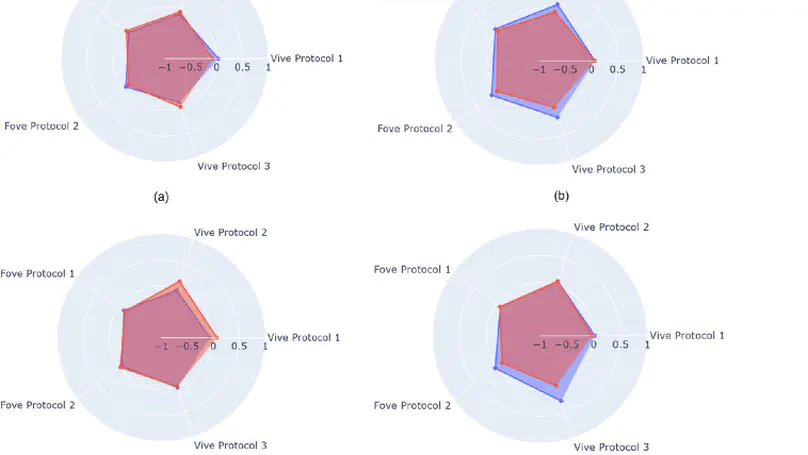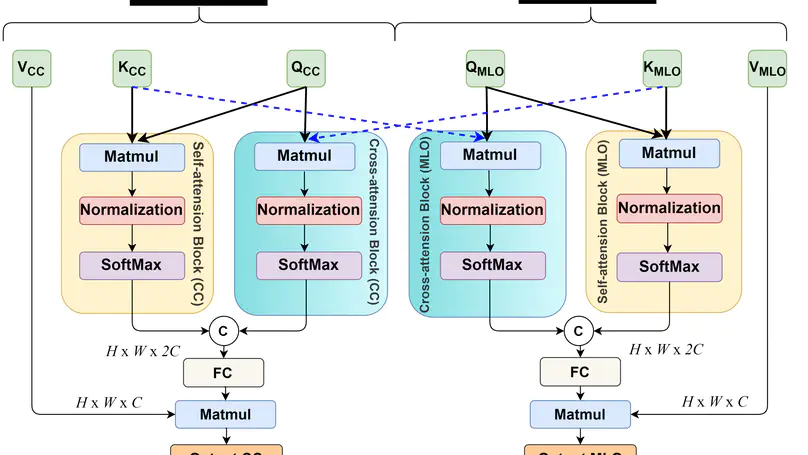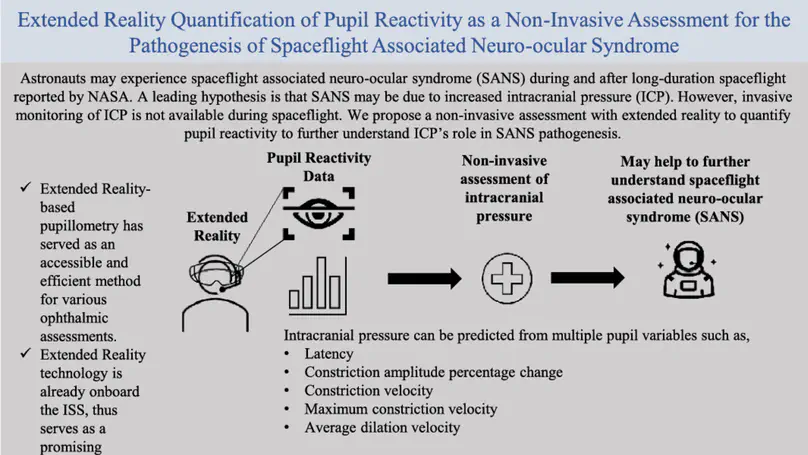Biography
I am currently a fourth-year Ph.D. candidate in computer science and engineering at the University of Nevada, Reno. My research primarily focuses on AI in healthcare, particularly score-based generative modeling for anomaly detection and classification task. Previously, I analyzed pupillary function using virtual reality-based eye tracking data to detect conditions like traumatic brain injury (TBI a.k.a. concussion), Relative Afferent Pupillary Defect (RAPD), and Spaceflight-Associated Neuro-Ocular Syndrome (SANS). I’ve received a $50,000 award as part of the NSF I-Corps Program for this work. My dissertation proposal revolves around anomaly detection in assessment-based time series data using generative AI and diffusion models. I have a strong publication record in virtual reality, computer vision, machine learning, and deep learning.
In 2024 summer during my PhD software engineer internship at Google Research (Health AI) in Mountain View, California, I focused on temporal modeling of geospatial data to predict disease progression leveraging advanced graph neural network based models to analyze large datasets and uncover patterns in the spread of diseases over time and across different regions. During the Fall 2023 semester, I served as an instructor for the graduate-level course “Elements of Research Computing” (Introduction to Linux). In the summer of 2023, I interned as a Ph.D. software developer with SGX3 at the University of Texas at Austin, where I developed interactive applications for high-performance computing. Additionally, in the summers of 2021 and 2022, I had the privilege of working as a mentor for the Army Educational Outreach Program (AEOP). Before pursuing my Ph.D., I served as a team lead and senior software QA automation engineer, playing a key role in team growth and building lasting client and team relationships.
I have always had a natural affinity for numbers and problem-solving, which led me to develop a strong interest in computer programming. My journey began with learning Visual Basic in Windows XP in 2006, and since then, I’ve continued to explore and enhance my skills. Analyzing data to solve complex problems, and tackling analytical math problems, as well as coding challenges on competitive programming platforms, remain my passions.
My LeetCode, HackerRank and Kaggle profile.
Download my resumé.
For most recent publications, kindly refer to my Google Scholar profile.
- Pupillometry in Extended Reality
- Artificial Intelligence in Healthcare
- Computer Vision
- Deep Learning
- Virtual Reality
Ph.D. in Computer Science, 2021 - Present
University of Nevada, Reno
MS in Computer Science, 2021 - 2023
University of Nevada, Reno
B.Sc. in Electrical & Electronic Engineering, 2013 - 2017
Bangladesh University of Engineering and Technology
Experience
- Temporal modeling of geospatial data to predict disease progression.
- Worked in Frontera HPC system, world’s fastest university supercomputer and 13th fastest supercomputer.
- Packaged HPC applications into docker and singularity applications and making it compatible with AI framework.
- Fixed issues for HPC applications, and updated user portal for easy access.
- Led my own research, implemented an ophthalmic assessment in virtual reality, collected control and patient data, analyzed data to predict and quantify defect in participants.
- Analyzed temporal health data collected from various assessments, and predicted anomalous behaviour.
- Participated in NSF I-Corps national program with our research technology and was awarded $50,000 for customer discovery process.
- Developed a novel deep learning architecture to segment mass from full mammographic image.
- Collaborated and coordinated with Neuromechanics Lab on detection of concussion.
- Assembled electrical components, programmed, and implemented an ophthalmic assessment using Arduino and Pupil Core (from Pupil Labs).
- Mentored five high school students to increase their enthusiasm to research. They helped in one of my research projects by cleaning and preprocessing the data, and by implementing multiple machine and deep learning models
- Led the QA team in client meetings and created a positive and strong relationship with the clients
- Structured the QA process in a time efficient way with maximum effectiveness
- Designed and wrote script for QA automation
- Assessed client requirements and ensured those are met
- Scraped data from the client website and listed essential information
- Researched local and international ERP market and assessed competition by comparing products
- Analyzed client needs and drove new product development
- Led cross-functional teams
- On and off-site client support
- Carried out test procedures ensuring that substation equipment works to its specification
- Investigated issues, and troubleshot faults in the electrical system of transformers and other safety equipment
Accomplishments
Projects
Featured Publications

As variability among various VR devices is an important factor that clinicians should consider, we discuss the test–retest reliability of VR-SFT and the variability among various assessments and between two devices.
Recent Publications
Contact
- prithuls [at] unr [dot] edu
- 1664 N. Virginia St, Reno, NV 89557
- WPEB 422
- Monday - Friday 10:00 to 18:00
- Reach Out
- DM Me



